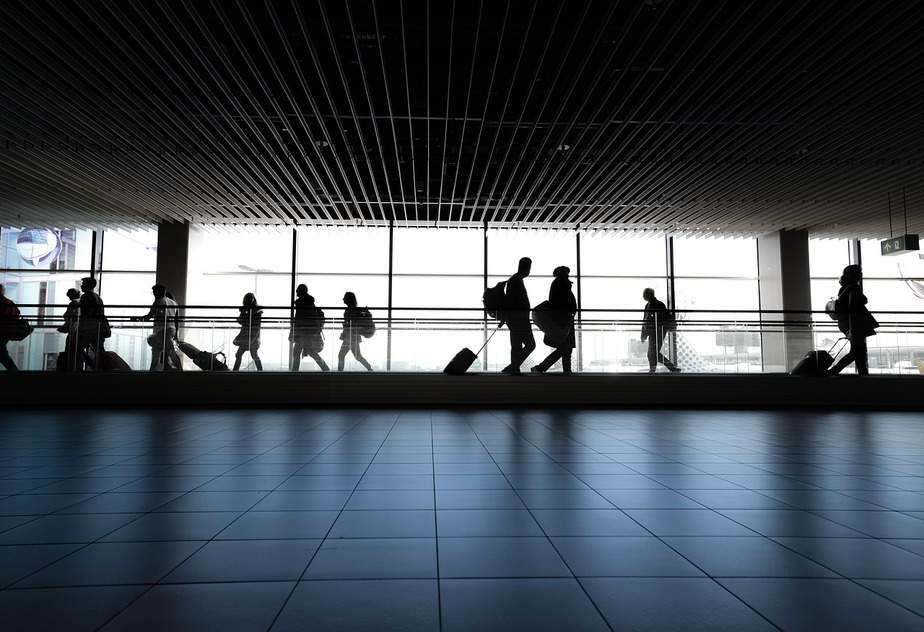When you are disabled, traveling can seem like more of a challenge. But it doesn’t have to be! Whether you’re flying across the country or just taking a trip to your favorite destination, there are many ways that you can make your travel experience less stressful and much more enjoyable.
Travel with a Disability
Here are three tips for anyone with a disability who is planning on traveling this summer:

Image by Rudy and Peter Skitterians from Pixabay
Plan For All The Necessary Accommodations
Make sure all necessary accommodations have been made well in advance of your departure date. This is especially important when traveling by air because it could be challenging to board a plane without proper accommodations and documentation.
You should contact the carrier you are flying in advance of your departure date (usually at least 24 hours). Let them know that you require an accommodation for any disability-related needs or limitations, and ask how they can help accommodate those needs. This includes requesting wheelchair assistance if needed; having appropriate seating nearby on the aircraft; bringing services like oxygen tanks or scooters onto the aircraft, asking about meal options specific to dietary restrictions such as diabetes, making arrangements for stopping en route to access restroom facilities.
Pack All Necessary Medical Assistive Devices
Items like these will make your life much easier while traveling, and they don’t take up too much space in the suitcase. Pack plenty of extra batteries for any assistive devices that require them too! The TSA requires that any assistive devices or medical supplies like; cure catheters, EpiPens, and more need to be screened and in the passenger’s custody at all times, so leave these items out of your carry-on bag. You’ll also want to make sure to have a letter from your doctor stating what you need for assistance because this will expedite security screening. (You may even wish to include those documents when submitting an online reservation.)
If necessary accommodations cannot be made before the departure date, contact the carrier as soon as possible after arrival at the destination airport about making arrangements with local airport authorities and ground transportation providers if applicable. This is especially important if traveling by air due to international regulations on accessibility. It could mean being redirected to another flight without notice if arrangements are not made.
Check Accessibility Benefits With Service Providers
Many airlines have information on their websites for travelers with disabilities. This includes links to the airport’s accessibility policies, as well as services offered like wheelchair assistance or curbside check-in (which allows an individual who is unable to walk from curbside drop-off areas).
You may need prearranged reservations and a valid ID card that identifies your disability status to be eligible for such services. You should also contact your airline about any special needs 48 hours before the departure date. Contacting them early will make it easier for them to accommodate requests if possible, but at least 24 hours prior notice is required so they can process all of this ahead of time.
Depending on your disability and the type of trip you’re taking, many accommodations can be made to make traveling a more enjoyable experience. It might seem like it’s too much work or just not worth the hassle because people often say, “you don’t know what I go through,” but if you voice your needs in advance, then at least they’ll know and can help you prepare.